Posts
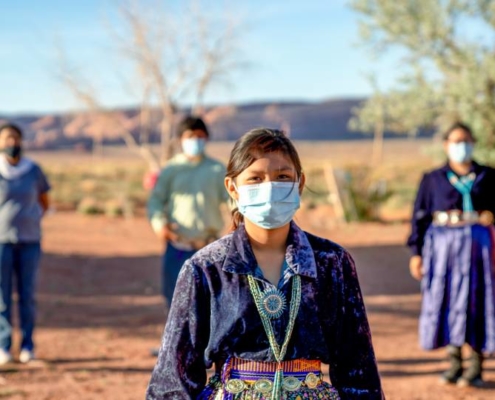
The COVID-19 Crisis and the Importance of Data Sovereignty in Indigenous Communities
"Indigenous Peoples across the country continue to be disproportionately…
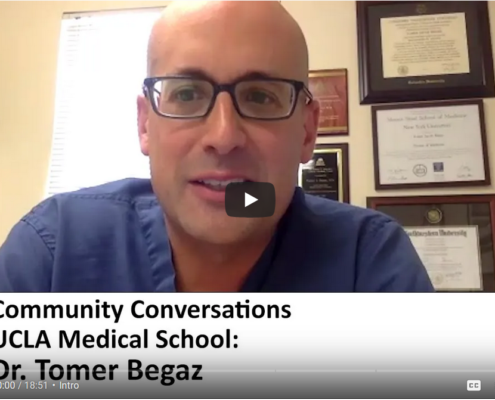
LA Social Science Community Conversations Featuring UCLA Medical School Dr. Tomer Begaz
LA Social Science spoke with Dr. Tomer Begaz, Professor of…
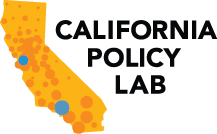
UCLA California Policy Lab’s Latest Policy Brief Highlights the Difficulties CA. Workers Continue to Experience as the Economy Re-Opens
The UCLA California Policy Lab has released their fourth policy…
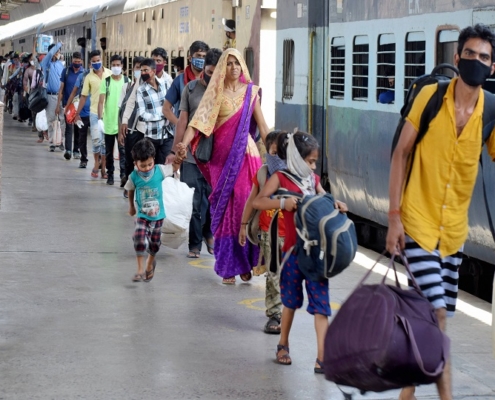
“Be Still And Do Not Move”: The COVID-19 Migrant and the Ministry of the Soul
India's largest media network, ABP Live, recently published…
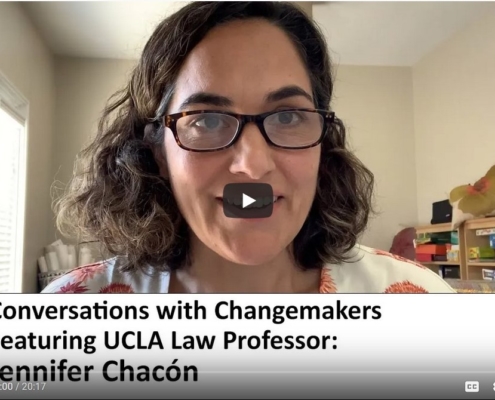
LA Social Science Presents “Conversations with Changemakers” Featuring UCLA Law Professor Jennifer Chacón
UCLA Law Professor, NYTimes op-ed author, and Latino Policy…

California Policy Lab Releases Brief on California Unemployment Insurance Claims During Pandemic
The California Policy Lab (CPL), in partnership with the…
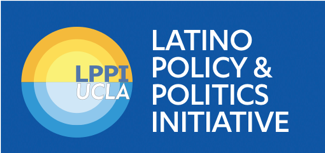
UCLA LPPI Brief Finds L.A. Black & Latino Neighborhoods Lack Resources During Safer-at-Home Order
On May 19, 2020, UCLA's Latino Policy and Politics Initiative,…

UCLA Report Reveals Economic Uncertainty for Latino Neighborhoods During Pandemic
UCLA's Latino Policy and Politics Initiative (LPPI) in partnership…
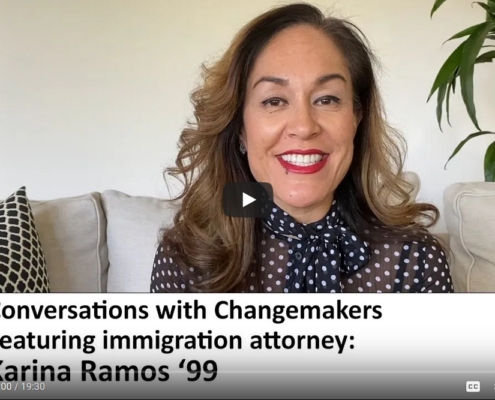
LA Social Science Presents “Conversations with Changemakers” Featuring UCLA Alum Karina Ramos (Video)
UCLA alum Karina Ramos ('99) an attorney at Immigrant Defenders…
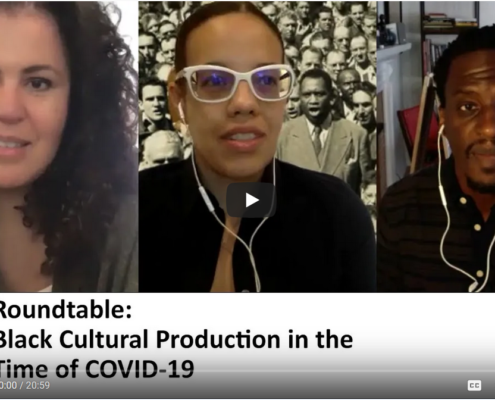
LA Social Science Roundtable: Black Cultural Production in the Time of COVID-19
LA Social Science invited three Los Angeles-based professors…

